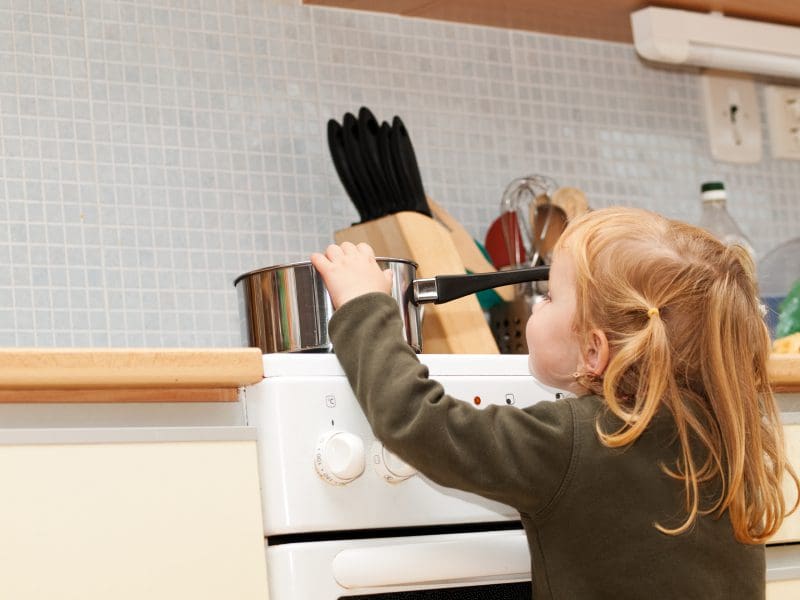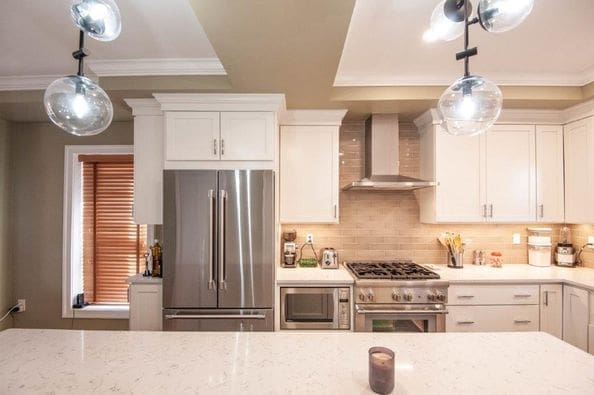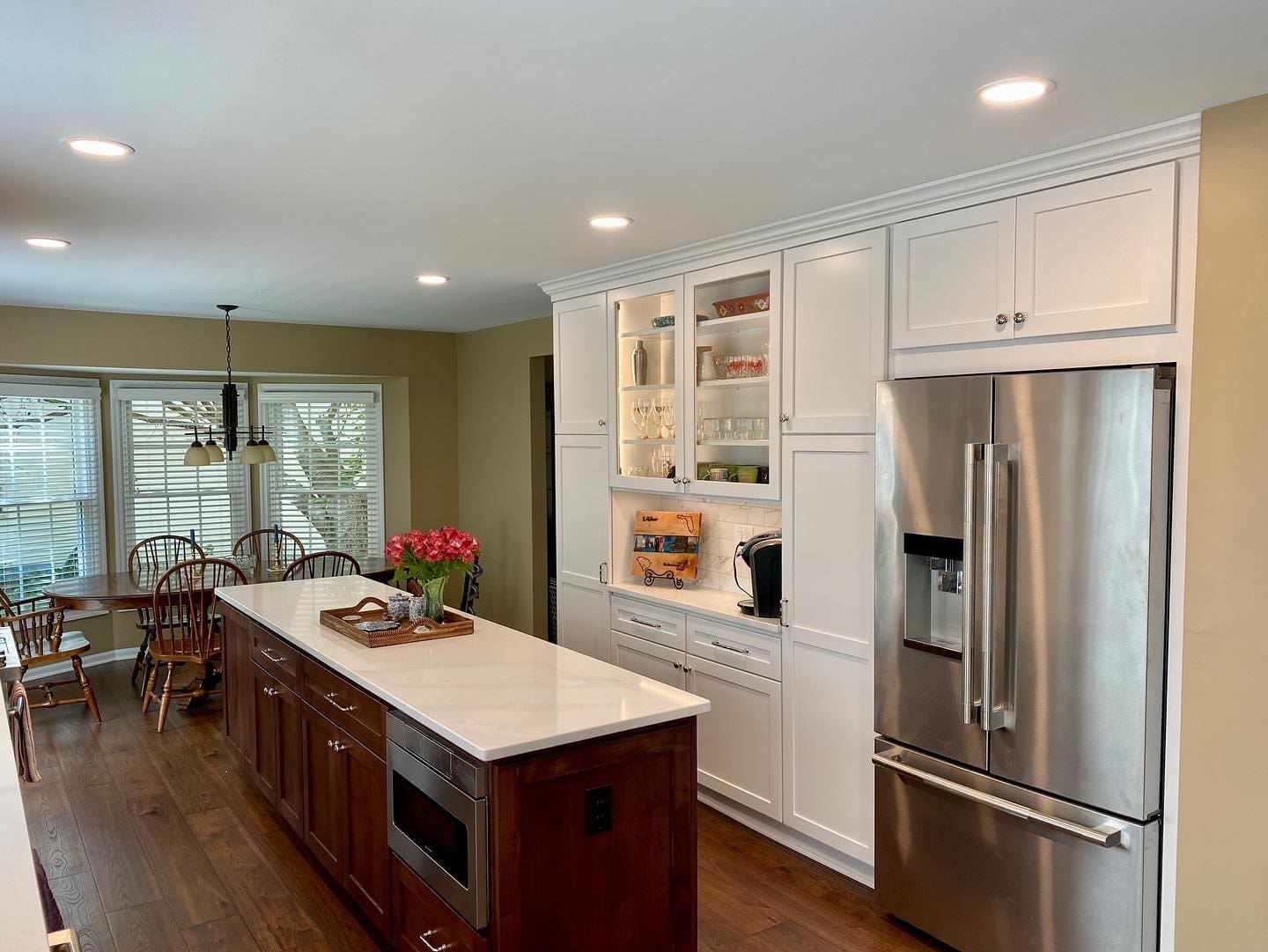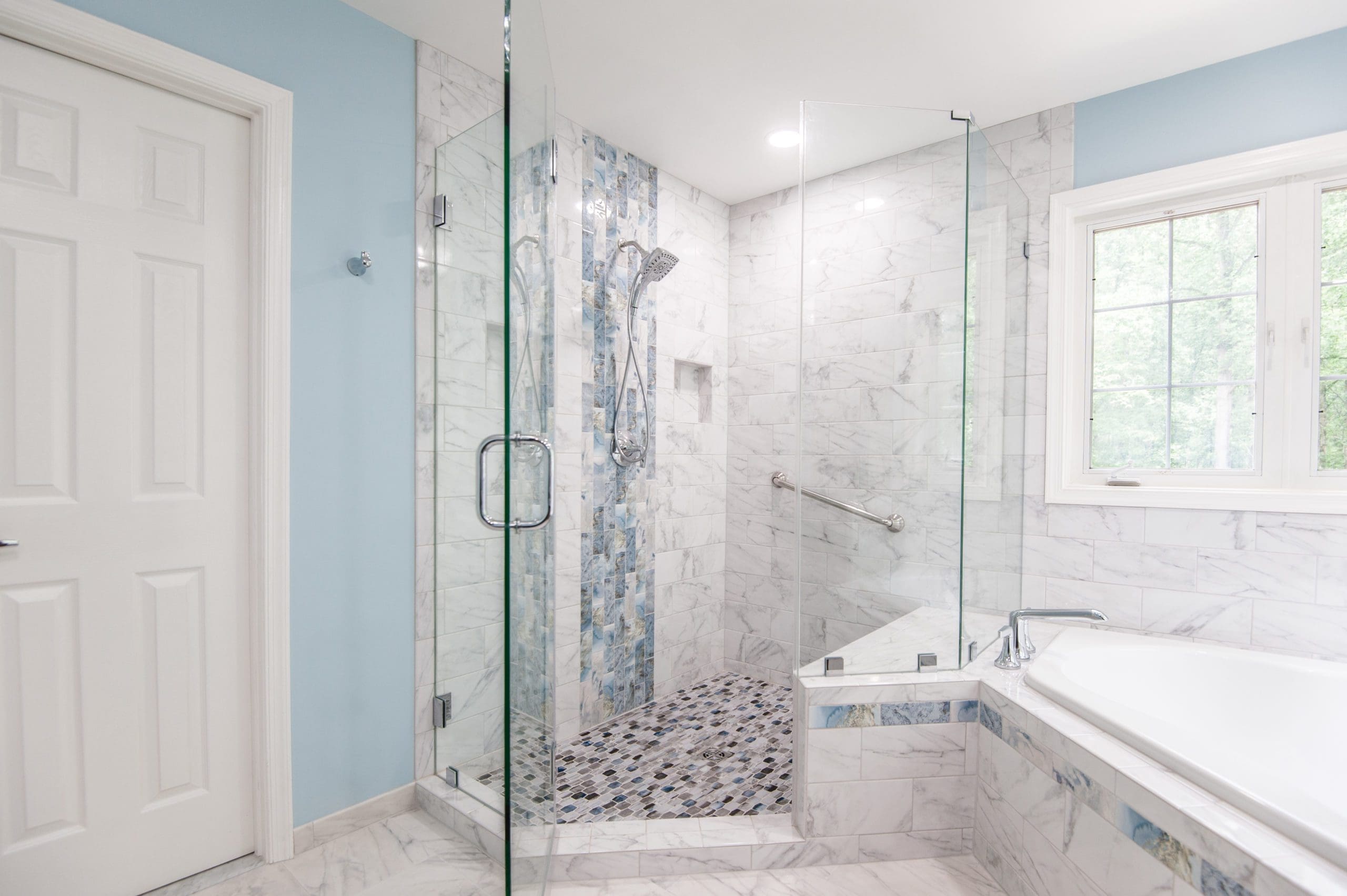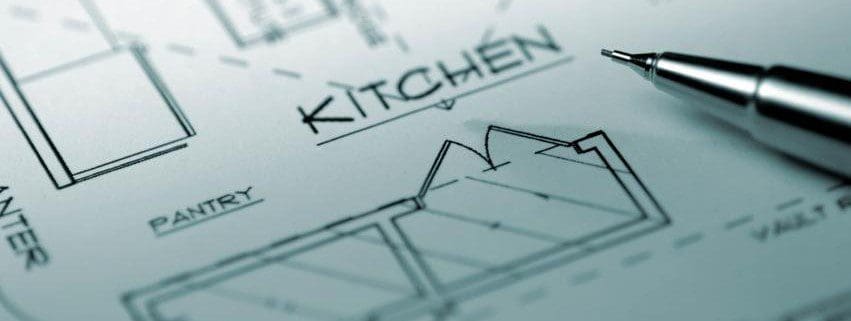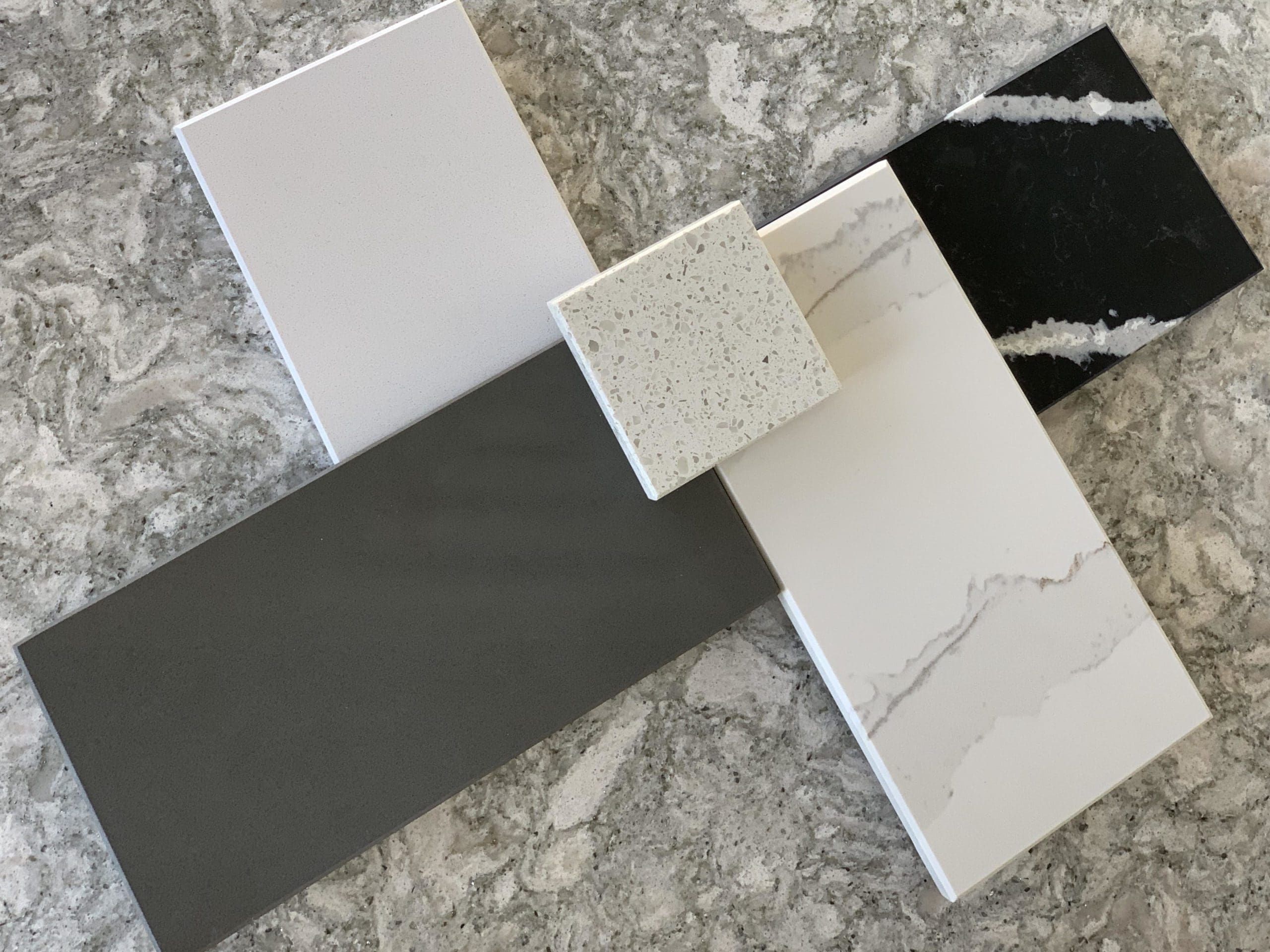If there was ever any doubt in your mind that the kitchen is potentially the most dangerous room in your home, consider the following. Scalds, cuts, electrocution, slips, trips and gas inhalation are but some of the perils you could face in this single room. There is also poison, amputation, flood, blight (That’s pests, to you and I) and blunt force trauma to contend with. Some of those examples may sound farfetched; however, they are representative of accidents that happen in North Virginia homes, every day. If ever there was a place to take health and safety seriously, it is in your kitchen. Don’t wait until an accident happens to take action; create a set of rules for a safe kitchen, and ensure that you and your family remain safe from harm. The first thing you should do is a risk assessment, which will help you determine the areas that need improvement.
Electrical Safety
Check all wires for frays and replace either the damaged wire or the entire appliance. There are two potential accidents that can result from damaged wires – electrical fire or electrocution. Make sure that all your appliances are working correctly, as a single faulty component could cause an injury or start a fire. We recommend that you avoid using extension cords in the kitchen; however, if you really must have additional outlets, a junction box with a built-in GFI (ground fault interrupters) is the best option. Check that all your power outlets are properly sealed too; damaged or loose outlets are another potential fire and electrocution hazard. Metal touching flesh, touching live wires, is generally not a good combination; so do not use knives, forks or other metal utensils to retrieve errant pieces of bread from the toaster.
Stoves and Ovens
Whether your stove and oven are electric or gas, there are some basic steps you can take to ensure the safety of everyone at home. Never leave burners unattended while cooking, and check that they are completely switched off before leaving the kitchen. Don’t leave the handles of pots and pans facing outwards or over a heated burner. For those of you with young children, keep them out of the kitchen both during and after the time you are using the burners or oven. Periodically check the seals on your oven door, as they prevent heat from escaping through the sides of the door, which can result in serious scalds. Never over fill pots, pans or oven trays to the point where they are too heavy to lift or liquids are spilling over. As a rule of thumb, always use good thick cloths or oven mitts to lift pots pans or oven trays. One of the most common causes of injury in and around burners and ovens is from steam, so protect your hands and arms when lifting lids or removing foil from cooking vessels.
Knives and Other Sharp Implements
Always use a chopping board when cutting with a knife, and make sure that the board is on an even surface so that it doesn’t wobble. Believe it or not, sharp knives are actually safer than blunt knives. A blunt knife is more likely to slip, and if you do cut yourself the uneven edge will cause more damage than a clean, sharp edge. When cleaning knives by hand, avoid leaving them in a sink with soapy water and other dishes. Knives come into contact with a lot of different foods, so make sure they are thoroughly cleaned after each use. Never, and we mean never, attempt to catch a falling knife. Exercise the same care with other sharp utensils and appliances, including peelers, electric carvers and graters.
Spills, Grease and Chemicals
Spills and grease not only present a slipping hazard, but are the perfect breeding group for food poisoning bacteria and spores. Clean spills immediately, and thoroughly disinfect the affected surface. Make sure that all chemicals are clearly labelled, and that you only use food safe products on work surfaces. Keep all your cleaning products and chemicals either in a locked cabinet or out of reach of children. Never mix chemicals, as they may react with each other and become toxic. When handling cleaning products and chemicals, avoid contact with your skin by always wearing gloves.
General Safety Tips
As with any room, make sure that there are no tripping hazards or obstructions in the walking areas of your kitchen. Always store your heavier items such as canned foods, utensils, and crockery on middle or lower shelves, to prevent them from falling on top of you. Avoid wearing overly loose clothing while cooking and high-heeled shoes are not recommended in the kitchen either. When you are not using them, keep potholders and oven mitts away from your oven and burners. Ensure that all vents are cleaned regularly and never obstruct the airflow. Clean and replace filters as needed, or at least once a month. We recommend investing in a multi-purpose fire extinguisher that can handle wood, paper, textiles, petrol, oil, paints, flammable gases and electrical fires. As well as 911, make sure you have relevant emergency numbers on hand in case of poisoning or chemical burns.
The kitchen is often the heart and soul of the home. Make sure it is a safe place, as well.

